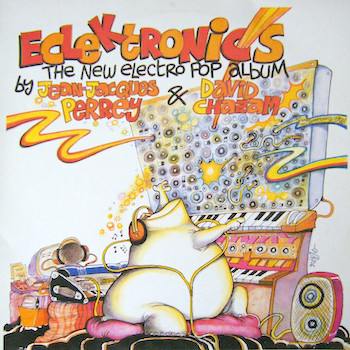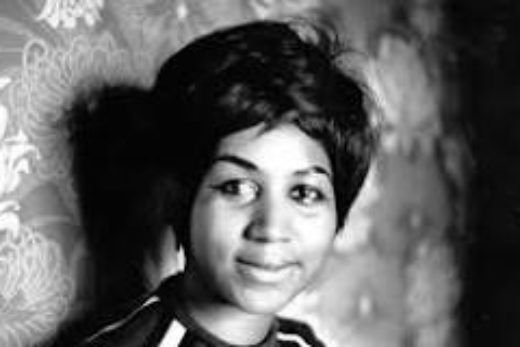I’ve said this before but we are living through an era where many of the legends of soul music are quickly passing away. There were many we lost far before their time – Otis Redding or Marvin Gaye for example – but in the last few years, age (and poor health) is beginning to claim more and more. It’s inevitable that we all die, of course, but who thought that we’d ever lose James Brown (especially at age 73)?
It’s inevitable that I, amongst millions of others, will probably think about when they last saw Brown perform. That is the most indelible public image people have of Brown – as the Showman. Certainly, there were few performers who could command the stage like Brown. I saw him at the Hollywood Bowl just this past September for his Soul On Top show. Even at 73, he was spry, energetic and powerful. He knew what everyone was there for, he knew how to deliver for them. Ironically, I plan to go see Dreamgirls today and one of the central characters, James “Thunder” Early (played by Eddie Murphy) is modeled largely on Brown. He is, now and forever, the gold standard in performers.
But even if Brown had never taken a step onto a stage throughout his life, he still would have been – hands-down – one of the most important musical forces of the last 100 years in how he transformed the literal rhythm of popular music. The ways in which he introduced new forms of syncopation and polyrhythm into the gospel, blues and jazz training of his youth lead to a revolution in sound and style within soul music. Brown didn’t invent funk (no single artist did) but he transformed the sound of popular music through his funk innovations. And of course, in the process, he also created scores of samples that, a generation later, would become the bedrock upon which hip-hop was built.
I can’t even begin to summarize just how extraordinarily important he was, let alone go on the fool’s errand of trying to pinpoint his best music (though I suspect that won’t stop me from trying once I have more time to do so). His import as a cultural (and political) figure cannot be understated either. (This PBS profile of him does a good job for someone looking for a basic primer on Brown).
I will share this much though: I interviewed Brown in late August regarding the Soul On Top show. I initially was skeptical about taking the story on: I was trying to juggle a new job, still settling in from a laborious relocation and doing a feature story for the L.A. Times wasn’t at the top of my list of priorities given the amount of time I knew it’d take. But I could get to interview James Brown. That, to me, was a no-brainer. You do the story, period.
Here’s a short excerpt from that interview with Brown talking about how jazz played a role in his ideas about R&B. I’d explain what is so delightful about this but I don’t it’s necessary.
There will be a million and one youtube tributes and I’m not mad at that, obviously but definitely don’t sleep on this (speaking of Soul on Top).





chatter